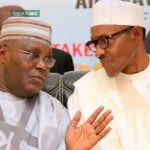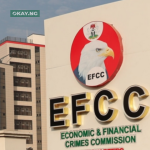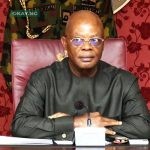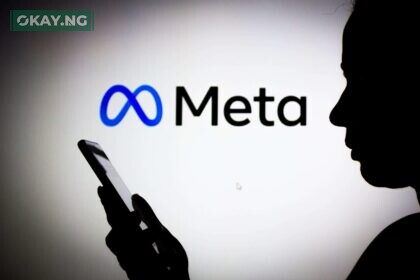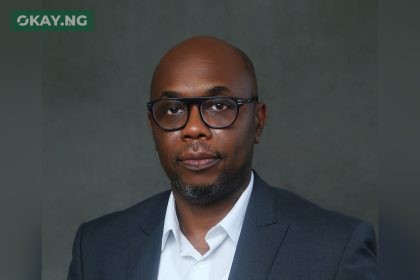The Nigerian government has completed the vetting process for individuals nominated to serve as ambassadors to 109 diplomatic missions worldwide, but the list has yet to be submitted to the National Assembly for confirmation. This delay stems from a combination of factors, including a significant funding shortfall within the Ministry of Foreign Affairs and the need to ensure the accuracy of the nominee list.
President Bola Tinubu’s recent departure for a two-week working visit in France has further delayed the process. While security and background checks have been finalized, the timeline for transmitting the names to the legislature remains uncertain.
This delay follows the recall of over 83 diplomats last September as part of a comprehensive review of Nigeria’s foreign policy. The appointment process, which began late last year, has faced several setbacks, including a significant funding gap.
According to sources within the presidency, the Ministry of Foreign Affairs requires close to $1 billion to address outstanding debts, modernize aging infrastructure, and adequately support embassy operations. “The major issue is money. Not money to pay them [ambassadors], because how much is their salary and benefits? The main money is CAPEX (Capital Expenditure),” The Punch reports.
Read Also: Nigeria Nears Diplomatic Resurgence: Ambassador Vetting Underway
The Ministry of Foreign Affairs has acknowledged these financial constraints, emphasizing the importance of adequate funding for effective diplomatic missions. “We met a situation where Foreign Affairs was not being funded like it should be. There is no point in sending out ambassadors if you do not have the funds for them to even travel to their designated country and run the missions effectively,” stated Foreign Affairs Minister Yusuf Tuggar during a ministerial briefing last year.
Furthermore, reports suggest last-minute adjustments are being made to the nominee list to prevent errors that could necessitate public corrections or withdrawals.
Once submitted, the nominees will undergo scrutiny by the Senate Committee on Foreign Affairs. Upon confirmation, they will participate in an orientation program before receiving official credentials and assuming their duties abroad.



